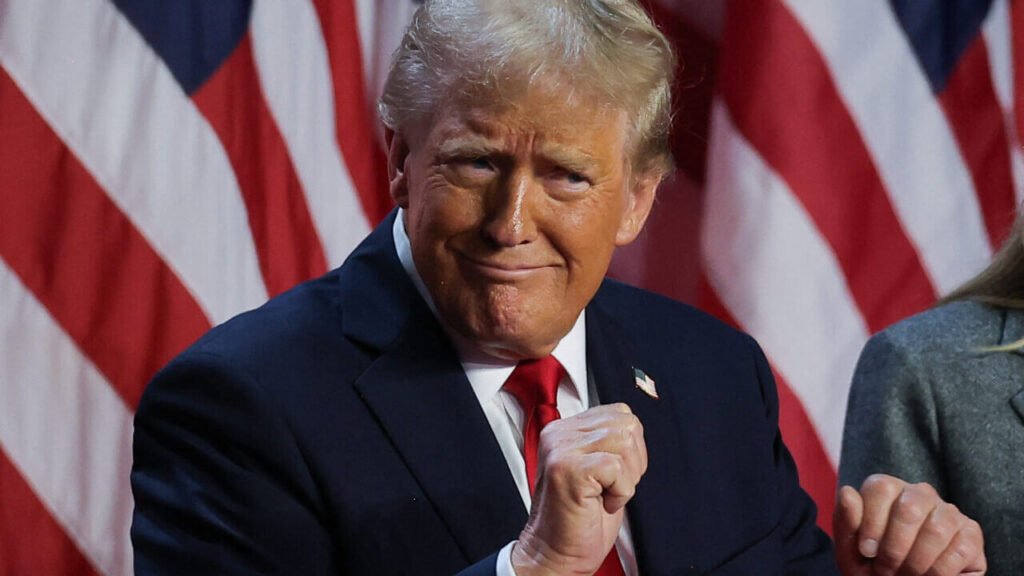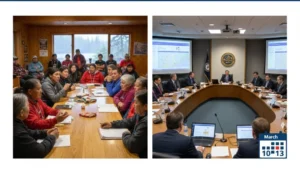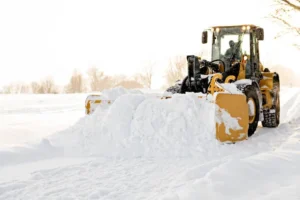President-elect Donald Trump reignited the debate over renaming Denali during a speech in Phoenix on Sunday. He proposed renaming Denali to its former name, Mount McKinley, to honor the 25th president of the United States, William McKinley.
Trump described McKinley’s economic contributions, particularly in generating wealth. President Theodore Roosevelt later used it for significant projects like the Panama Canal. Alaskan Republican senators Lisa Murkowski and Dan Sullivan instantly opposed the suggestion due to their strong support for Denali’s indigenous name.
Denali, meaning high or tall in Koyukon, reflects the heritage of the Native Alaskan people who have called it this for millennia. Senator Murkowski emphasized on social media that Denali is the only fitting name for North America’s tallest peak. At the same time, Sullivan’s office reiterated his preference for honoring the Athabaskan people’s historical name.
Trump’s proposal isn’t new; in 2017, he floated the idea. He later retreated after Murkowski and Sullivan opposed it during a White House meeting. Senator Sullivan humorously recounted warning Trump that changing the name back would anger his Athabaskan wife.
Denali was officially renamed in 2015 by the Interior Department under President Obama, marking the culmination of efforts by Alaska Natives and state officials. Previously named Mount McKinley in 1896, the mountain became a symbol of cultural recognition when its original name was restored.
While Trump’s remarks sought to emphasize McKinley’s historical significance, Alaskans, including their congressional leaders, remain united in preserving Denali’s ingenious name. This long-standing debate sheds light on a broader conversation about recognizing Native cultural history in modern America.
This news article was originally published by Anchorage Daily News.









